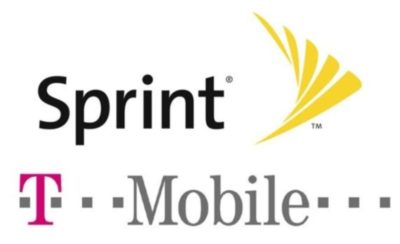
Twenty-four entities, including NTCA-The Rural Broadband Association, Rural Wireless Association, DISH, and the Communications Workers of America, sent a letter Thursday to the FCC and Department of Justice, asking them to block T-Mobile’s proposed acquisition of Sprint.
“If allowed to proceed, this transaction would consolidate the nation’s wireless market from four to just three carriers, lead to price increases for virtually all wireless customers, substantially raise wholesale rates for smaller wireless carriers, and cause significant job losses – all while failing to deliver the promised benefits of accelerated 5G deployment or expanded rural coverage,” they said in a letter to Makan Delrahim, Assistant Attorney General in the DOJ’s Antitrust Division, and FCC Chairman Ajit Pai.
They note the carriers have had more than 11 months to make a convincing argument that their deal is in the public interest and that it will not harm competition. “To date, they have failed to make this case,” write the 24 entities, which are comprised of companies, trade associations, labor organizations and public interest groups.
They say the carriers can deploy their 5G networks without the deal, “and have already begun doing so.” The parties’ arguments that the transaction would benefit rural America is without merit, claims the group, because the combined spectrum of the merged companies’ would not be especially well-suited for rural coverage. “That would leave the ‘New T-Mobile’ needing to make significant capital investments to reach sparsely populated areas, and there’s no reason to expect New T-Mobile to be motivated to make that investment post-merger, as competitive pressures lessen,” they wrote.
The letter comes after Sprint told the FCC it doesn’t have a sustainable path going forward on its own, Inside Towers reported. A report in The Wall Street Journal earlier this week, quoted DOJ staffers saying they’re leaning towards blocking the deal because of antitrust concerns, an allegation the DOJ has not commented on.
Both T-Mobile and Sprint refuted that report.
To win support for the deal, T-Mobile said it would not increase prices for three years and has pledged to use some spectrum for wireless broadband in rural areas. Facing skepticism from lawmakers during hearings in February, T-Mobile U.S. CEO John Legere also pledged to build 5G without using networking equipment from Huawei or ZTE, two Chinese telecommunications firms distrusted by U.S. national security experts.
April 19, 2019




Reader Interactions